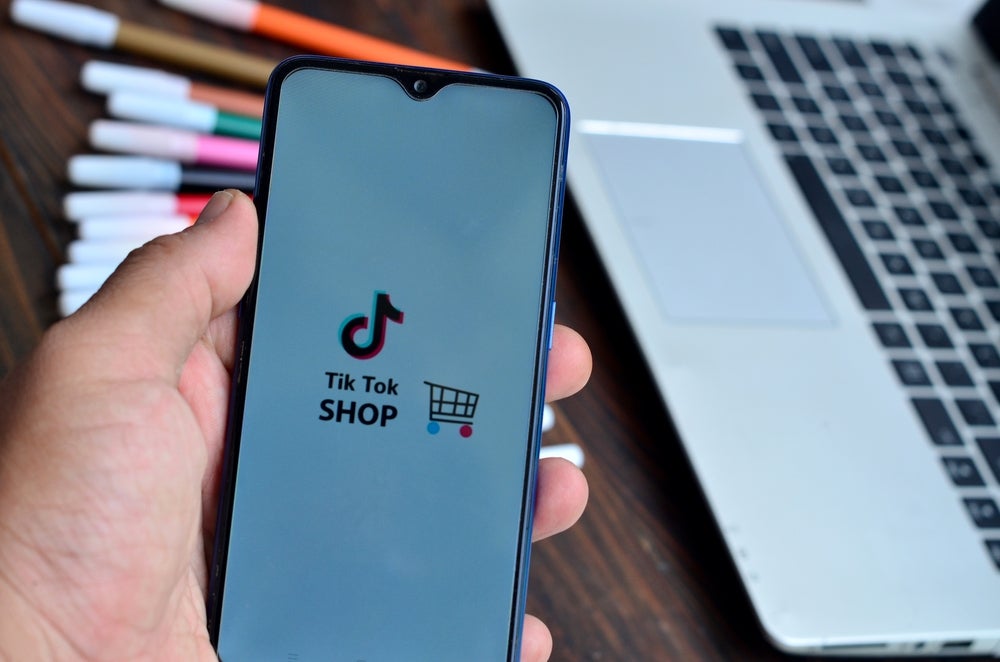
Indonesia is stalling TikTok’s push to expand its online shopping operations, marking a major blow to the social media company’s e-commerce goals in its largest market.
The Southeast Asian country will begin banning social media companies from directly taking e-commerce payments on their platforms, according to Trade Minister Zulkifi Hasan.

Access deeper industry intelligence
Experience unmatched clarity with a single platform that combines unique data, AI, and human expertise.
This is a major blow to ByteDance owned-TikTok as Indonesia is the biggest market for its TikTok shop, with online shopping growing into its most popular feature in the country. TikTok is currently the only social media platform that allows direct e-commerce in-app.
TikTok had been betting on using Indonesia’s success as a blueprint to grow in other countries, including the UK and US. TikTok is aiming to quadruple its e-commerce business to $20bn in merchandise sales in 2023.
Indonesia’s curbs aim to stop its 64.2 million micro, small and medium enterprises from being pushed out by social commerce companies. The enterprises currently contribute 61% to the country’s gross domestic product, according to Bloomberg.
TikTok has fought back against the curbs, claiming that separating e-commerce and social media will disadvantage is customers and merchants in Indonesia. The company also said it hurts innovation.

US Tariffs are shifting - will you react or anticipate?
Don’t let policy changes catch you off guard. Stay proactive with real-time data and expert analysis.
By GlobalDataA TikTok spokesperson said: “Social commerce was born to solve a real world problem for local traditional small sellers, by matching them with local creators who can help drive traffic to their online shops.
“While we respect local laws and regulations, we hope that the regulations take into account its impact on the livelihoods of more than 6 million sellers and close to 7 million affiliate creators who use TikTok Shop.”
Global regulators will be watching how the curbs unfold on TikTok’s business practices, as they too will want to understand how to regulate the platform’s encroachment of the e-commerce market.
What is TikTok shop and will it work in the West?
TikTok Shop is an e-commerce solution that is directly intergrated into the social media platform.
The e-commerce solution allows creators and merchants to sell products to TikTok users directly, instead of having to direct users to a third party site.
One area of the TikTok shop is live shopping, which features merchants or creators on live stream selling their product directly to the audience – think late-night QVC. This has been a major hit in China and Indonesia.
Management consulting company McKinsey estimates that live-commerce-initiated sales could account for as much as 10 to 20 percent of all e-commerce by 2026
The other area is through videos which include product links that users can click through to buy products. The videos with these links are shown with an icon to let users know they are being sold something.
TikTok Shop’s popualrity hasn’t fully gripped the US and UK, mainly due to the intense competition that domestic giants such as Amazon and Walmart hold.
“For social commerce to be successful, these platforms will have to find a way to convince consumers that purchasing products on Facebook or TikTok is as simple and safe as purchasing via Amazon,” Chris Dinga, payments analyst at GlobalData, previously told Verdict.
This value of trust is a priority for TikTok in the West as it faces major scruitny over data privacy concerns. In the US, the state of Montana made the landmark move to ban the app completely in May 2023.
Several countries, including the UK, Belgium, France and Denmark have blocked the platform from political devices, and called for a wider ban of the application.







